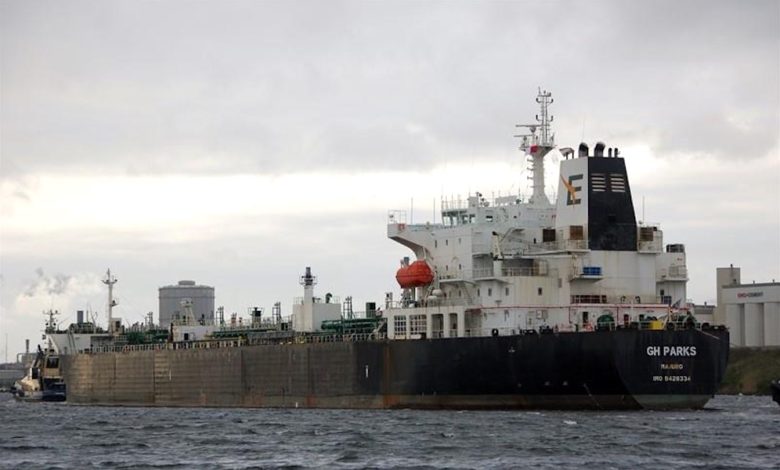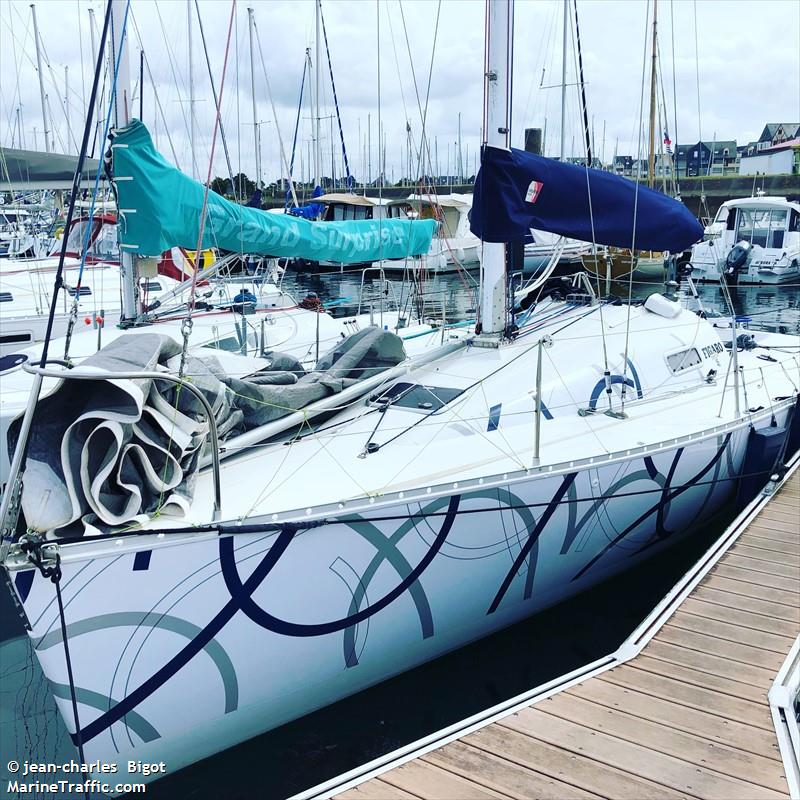Hurricane Fiona whips up Jones Act storm

A hurricane has whipped up a swell of Jones Act fury in the US with energy major BP in the eye of the storm.
Hurricane Fiona slammed into the US territory on September 18 knocking out of Puerto Rico’s power. Pedro Pierluisi, the governor of Puerto Rico, applied to the government in Washington DC for a rare Jones Act waiver to allow a nearby laden tanker, the UK-flagged GH Parks product tanker, to call and deliver much needed diesel. The Hayfin Capital-owned ship had loaded a shipment of diesel for BP from Texas and has been waiting in the Caribbean near Puerto Rico since Sunday. The Jones Act prohibits non-US ships from calling between American ports, a controversial regulation dating back to 1920 which has been making plenty of headlines on Splash in recent weeks. The Biden administration has yet to acquiesce to the Puerto Rican governor’s request.
Hurricane Fiona, which registered winds with speeds of up to 200 kmh, killed 21 people and left 1m people without electricity.
The case of the Hayfin Capital tanker has made national headlines in the US with the Jones Act once again facing scrutiny.
“Once again, Puerto Ricans are paying the price for an antiquated shipping law that makes food and other goods more expensive on the island,” The Boston Globe said. “The law is inexcusable in ordinary times — and downright scandalous now, when the island is reeling from yet another natural disaster.”
“The Jones Act has not stopped the long-term decline of US shipbuilding or the rise of Asian and European competitors that now dominate global sealift capacity. But by limiting Puerto Rico’s choices, it has driven up the island’s import costs, an editorial from The Washington Post stated.
Firing back, Sam Norton, president and CEO of Overseas Shipholding Group, which operates a sizeable US-flagged fleet, maintained in an update on LinkedIn that Jones Act waivers rarely provide either economic benefit or enhanced emergency response to victims in need.
“More often than not, waiver requests are a form of disaster arbitrage – that is opportunistic traders looking to game the system to avail themselves of outsized profits by obtaining exemptions from rules upon which the regular transportation ecosystem is built. Generally little understood is that vessels operating under the Jones Act are usually a better source of reliable relief than are foreign flag vessels. Granting even occasional waivers perniciously undermines the stability of these regular supply chain,” Norton wrote, in a post that received quick support from John McCown, the founder of Blue Alpha Capital, a staunch advocate of the Jones Act.
“The facts and timing related to movement of the foreign flag tanker now off the coast of Puerto Rico suggest that BP engineered this specifically to present a compelling case for waiver,” McCown suggested.
With the tanker story refusing to die down, the Biden administration is expected to make a ruling on the Jones Act waiver soon.

 product tanker, to call and deliver much needed diesel. The Hayfin Capital-owned ship had loaded a shipment of diesel for BP from Texas and has been waiting in the Caribbean near Puerto Rico since Sunday. The Jones Act prohibits non-US ships from calling between American ports, a controversial regulation dating back to 1920 which has been making plenty of headlines on Splash in recent weeks. The Biden administration has yet to acquiesce to the Puerto Rican governor’s request.
product tanker, to call and deliver much needed diesel. The Hayfin Capital-owned ship had loaded a shipment of diesel for BP from Texas and has been waiting in the Caribbean near Puerto Rico since Sunday. The Jones Act prohibits non-US ships from calling between American ports, a controversial regulation dating back to 1920 which has been making plenty of headlines on Splash in recent weeks. The Biden administration has yet to acquiesce to the Puerto Rican governor’s request.
Biden doesn’t even know there was a hurricane…